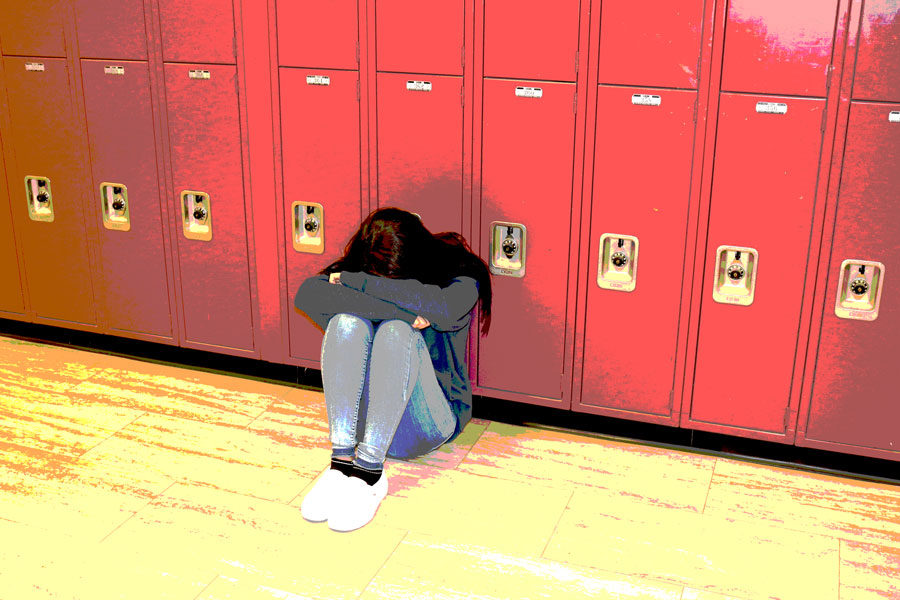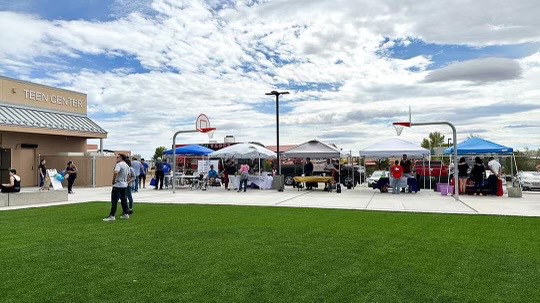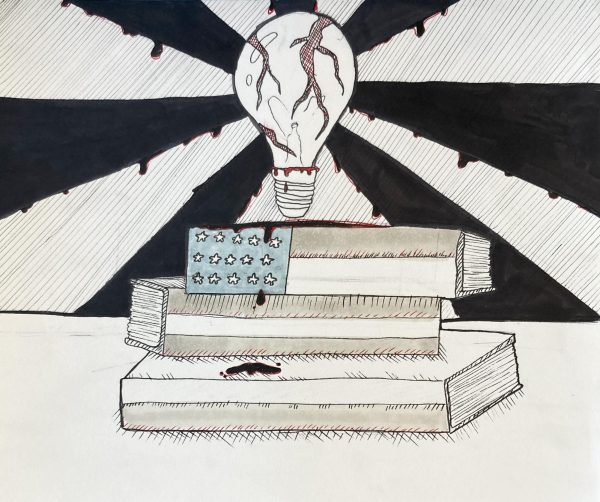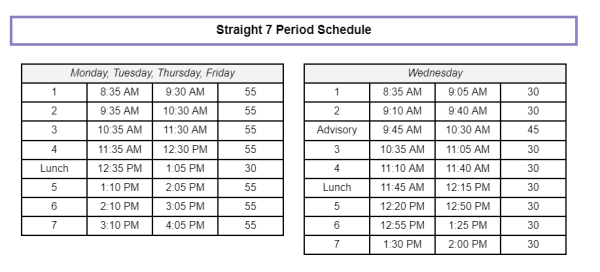Depression In Teens a Depressing Reality
November 20, 2018
Many struggle with depression, but they don’t always understand what is happening to them or how to get help.
What is depression?
Depression is a feeling of severe despondency and dejection, according to Psychology Today. There’s a difference between being depressed and just being sad. Everyone gets sad once in a while, and sadness is a normal human emotion, but depression is recognized as a mental illness. Sadness will pass while depression requires treatment to overcome and should not be ignored.
The symptoms of depression include having feelings of worthlessness or excessive guilt, feeling tired and sluggish, having thoughts of dying or suicide, feeling slowed down in one’s movements or frequently feeling restless; disturbances in falling asleep or sleeping too much; and a loss or decrease of pleasure or interest in most activities, including ones that had been interesting or pleasurable previously.
What are the causes?
A number of things can cause depression, according to Psycom. Sometimes depression is genetic although having a parent or close family member doesn’t mean a person will automatically have it.
Personality also has an impact. Some people may have a higher risk of depression if they have the tendency to worry a lot, have low self-esteem, are perfectionists, are sensitive to personal criticism, or are self-critical and negative.
Perfectionism can also lead to depression in students. Teenagers today face a lot pressure with school, their future, and especially where they fit in socially. Perfectionism isn’t just about setting goals and trying one’s best at something; it involves a tendency to feel that other people, such as parents and teachers, demand perfection. They tend to believe that “good” is never enough, which is not healthy.
Hormones can be involved in causing or triggering depression. The thyroid, which is a gland in the front of the neck that produces hormones that control the speed of a person’s metabolism, produces thyroid hormones. These hormones can affect energy levels, mood, and weight.
Depression is more common in women than men because women are affected by the hormonal changes they go through during and after their reproductive years. Depression can be triggered by pregnancy, by menopause, and by menstruation, which happens because female hormones such as progesterone and estrogen occur during puberty. Antidepressants can treat depression that is triggered by hormones.
Early childhood trauma can cause depression. Traumatic events during childhood like physical or mental abuse, or the loss of a close relative or friend, can cause changes in the human brain that make a person more likely to have depression.
Negative thinking is a huge factor with depression. Depression is a loss of hope, or thinking a problem can’t be solved. Negative thoughts could lead to depression. But where do these negative thoughts come from? Negative thoughts can be triggered by external factors that remind us of our unsolved problems, which may lead to depression.
What are the signs?
Behavioral changes are often a sign that a person is depressed. According to Mayo Clinic, these include:
Tiredness & loss of energy
Insomnia, or too much sleeping
Changes in appetite, such as decreased appetite and weight loss, or increased cravings and weight gain
Use of alcohol or drugs
Agitation or restlessness, such as pacing or an inability to sit still
Slowed thinking, speaking or body movements
Frequent complaints of unexplained body aches or headaches, which may include frequent visits to the school nurse
Social isolation
Poor school performance or frequent absences from school
Neglected appearance
Angry outbursts, disruptive or risky behavior, or other acting-out behaviors
Self harm, such as cutting, burning, or excessive piercing or tattooing
Having suicidal thoughts or attempting suicide
What does it feel like to be depressed?
“I was always acting really down, and I always felt like crying for no reason, and when I wasn’t crying, I was mad,” said a student who wishes to remain anonymous. “I was oversleeping and falling asleep in class. I was shutting out my friends, and didn’t enjoy the things I used to enjoy doing. After a while I started cutting myself. I started having a lot of suicidal thoughts.”
What can be done to help?
Depression is an illness that requires medical attention. Unfortunately, people who have depression often don’t seek treatment. Depression can be managed with medication, psychotherapy or a combination of both.
“I started talking to the counselors here,” the student continued. “My mom took me to talk to a therapist, and I started taking antidepressants. Therapy really helped, and it helps to talk to the counselors.”
Kevin O’Brien, a counselor at the Teen Health Center (downstairs in Student Services), said, “Many students with depression come see me. I help the students here by motivational interviewing, and we have access to a psychiatrist with medications.”
When asked if depression should be treated with psychotherapy or medications or both, Mr. O’Brien replied, “It would depend how severe it is at times. … Medication is not always necessary, and sometimes psychotherapy can be used instead.”
If a person is thinking of harming themselves in any way, they should call the 24-hour Crisis Hotline at 820-6333.












